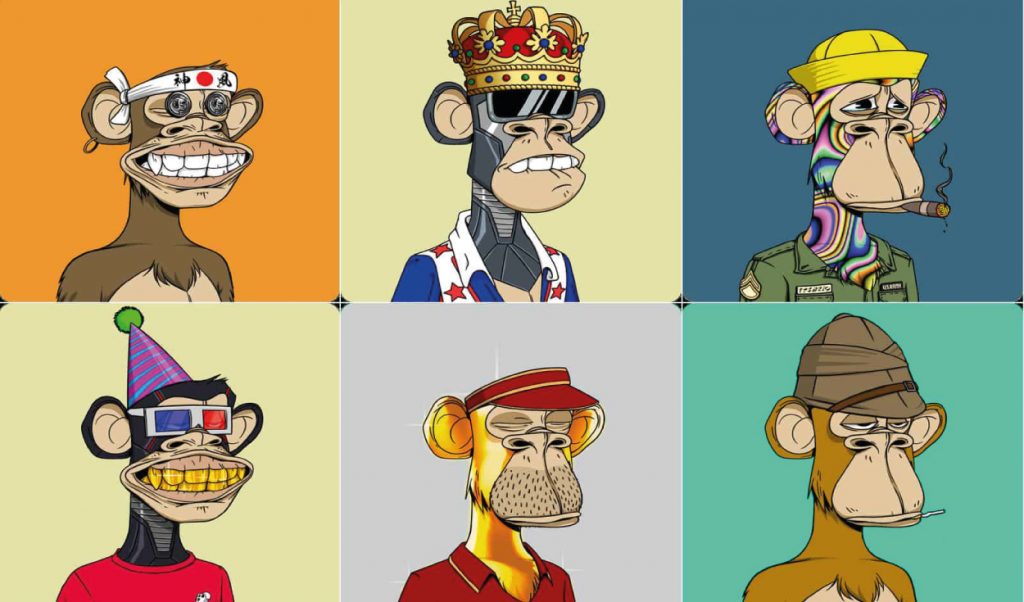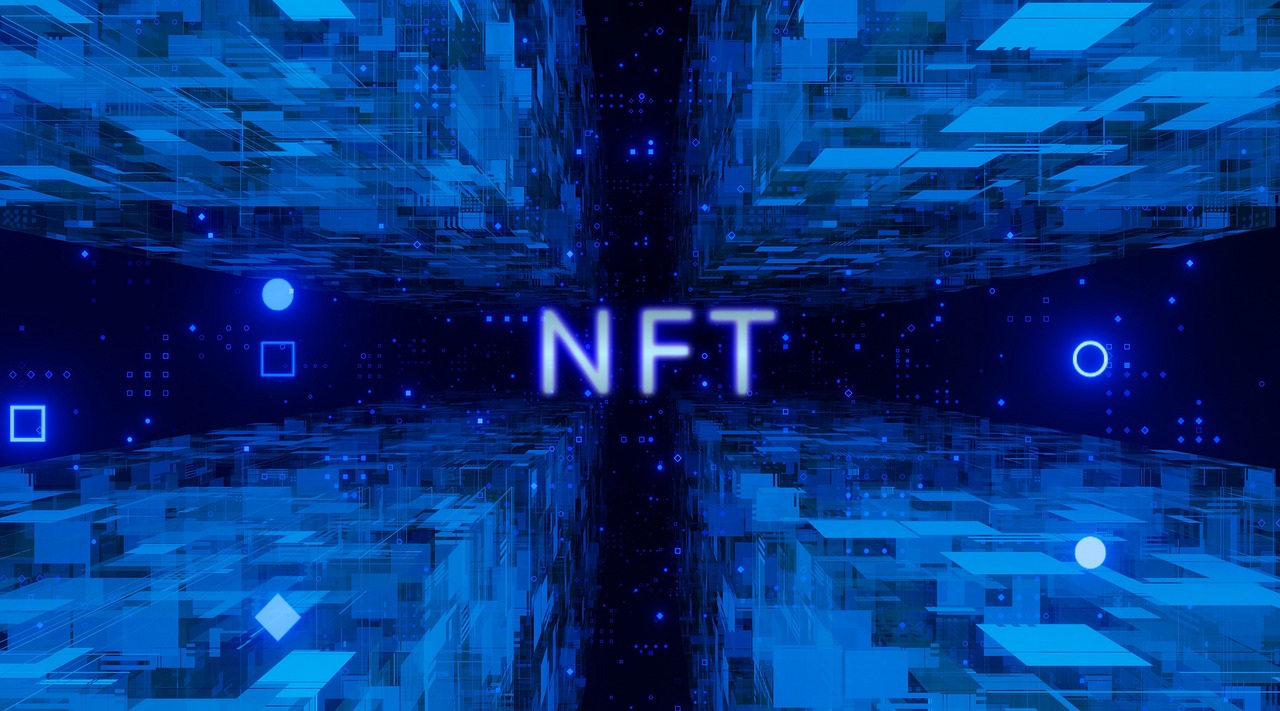NFTs, or non-fungible tokens, have taken the art world and the broader digital landscape by storm. These digital assets are unique, indivisible, and stored on blockchain networks, making them an attractive option for artists, collectors, and investors. However, as NFTs have gained in popularity, so have questions and concerns about their legal status, particularly with regard to intellectual property and copyright issues. In this article, we will explore the legal landscape of NFTs and the challenges they pose for the legal system.
What Are NFTs?
Before diving into the legal landscape of NFTs, it is important to understand what they are. NFTs are digital tokens that are stored on blockchain networks and represent ownership of unique assets, such as art, music, and video game items. Unlike cryptocurrencies, which are interchangeable with one another, each NFT is unique and cannot be replicated.
Intellectual Property and Copyright Issues
One of the main legal issues surrounding NFTs is the question of intellectual property and copyright ownership. When an artist creates a piece of art, for example, they automatically own the copyright to that work. However, when that work is sold as an NFT, the buyer does not necessarily acquire the copyright to the work. This has led to some disputes and legal challenges in the art world.

The First NFT Court Case
In March 2021, a legal case involving an NFT was filed in a California court. The case involved a dispute between an artist and a collector over the ownership of an NFT representing a digital artwork. The artist claimed that the NFT was only meant to represent ownership of the work, while the collector argued that they had acquired full ownership of the copyright to the work. The case is still ongoing and could have significant implications for the legal status of NFTs in the future.
Challenges for the Legal System
The legal status of NFTs presents challenges for the legal system. The decentralized and global nature of blockchain networks can make it difficult to determine jurisdiction and applicable laws. Additionally, the unique and rapidly-evolving nature of NFTs means that legal frameworks may need to adapt to keep up with the technology.
See more about NFTs



